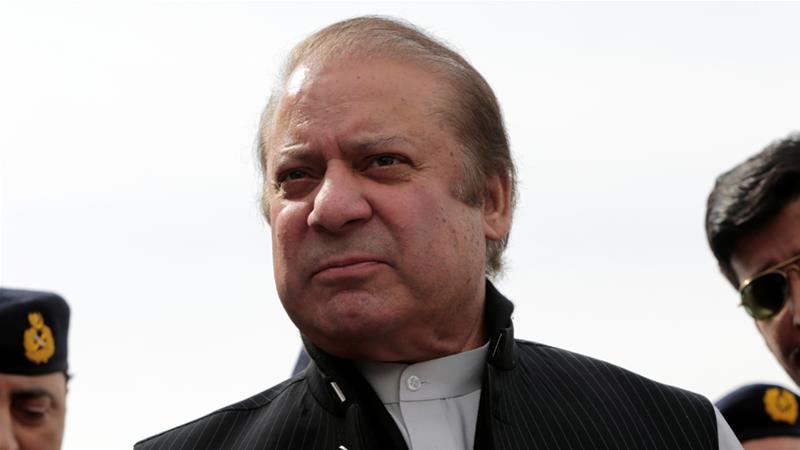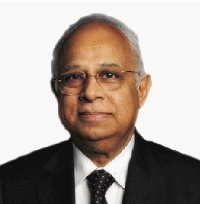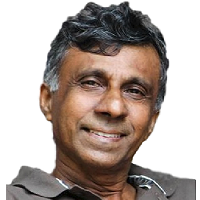 The Supreme Court on Thursday gave a split judgement on the highly anticipated Panama Papers case, issuing an order for the formation of Joint Investigation Team to probe the Sharif family’s involvement in corruption as stated in the Panama leaks, according to media reports.
The Supreme Court on Thursday gave a split judgement on the highly anticipated Panama Papers case, issuing an order for the formation of Joint Investigation Team to probe the Sharif family’s involvement in corruption as stated in the Panama leaks, according to media reports.
A five-judge bench, comprising Justice Asif Saeed Khosa, Justice Gulzar Ahmed, Justice Ejaz Afzal Khan, Justice Azmat Saeed and Justice Ijazul Ahsan, had examined arguments presented by the Pakistan Tehreek-i-Insaf (PTI), the Jamaat-i-Islami (JI), the Watan Party and the All Pakistan Muslim League, who framed the case out of court as a campaign against corruption.
Justice Asif Saeed Khosa began announcing the final verdict in the case against Prime Minister Nawaz Sharif and his family at Courtroom 1 at the apex court.
The final verdict is split 3-2 among the bench, DawnNews reported, with two dissenting notes in the judgement by Justice Khosa and Justice Gulzar.
Justice Ejaz authored the 540-page verdict, according to TV reports.
Justice Khosa asserted that the Federal Investigation Agency and National Accountability Bureau were unsuccessful in playing their role.
A letter from a Qatari royal submitted to court as evidence by Sharif’s lawyers was dismissed by the bench.
Prime Minister Nawaz Sharif, Maryam Nawaz, Hasan Nawaz, Hussain Nawaz, retired Capt Muhammad Safdar (the PM’s son-in-law) and Finance Minister Ishaq Dar are the respondents in the case.
The petitioners had touted the revelations brought forth in the Panama Papers, published by the International Consortium of Journalists on April 3, 2016, as ‘evidence’ that the premier had lied to the nation in an address to Parliament where he ‘explained’ his position following the leaks.
Panama leaks
The Panama Papers, which refer to a massive trove of secret documents leaked from Panamanian law firm Mossack Fonseca — which specialised in helping the global elite stash wealth in offshore tax havens — had said that the PM’s children, Maryam, Hasan and Hussain Nawaz “were owners or had the right to authorise transactions for several [offshore] companies”.
At least eight offshore companies were found to have links to the Sharif family in the documents that were leaked.
The fallout
The revelations had raised serious concerns regarding the legitimacy of the family’s wealth, offshore holdings and business interests, and catalysed opposition parties to rally for the investigation or resignation of the prime minister and his family members.
Maryam Nawaz had initially dismissed the documents as a distortion of information, but the prime minister had to eventually relent and order a judicial probe into the allegations raised by opposition parties.
In a televised address, the premier also attempted to document his family’s financial history and said he was open to a probe.
Legal action and court proceedings
What followed was a protracted tussle on who would lead the commission (the PTI had wanted the sitting chief justice, while the PML-N approached at least 5 ex-SC judges; each of them refused) and the terms of reference of the inquiry (which neither government nor opposition could come to terms on); a second televised address (in which the premier said he would resign if proven guilty); a landmark parliamentary speech (in which a sitting prime minister defended himself on the floor of the National Assembly); and mounting pressure from the Army and opposition parties, after which the case finally landed in front of the Supreme Court.
The case settled on Thursday had been initiated on January 4, 2017 under a reconstituted bench comprising the five judges mentioned earlier in the story after former Chief Justice Anwar Zaheer Jamali, who initially took up the case, retired midway into the proceedings and was succeeded by the incumbent.
The case reviewed four petitions filed by Advocate Tariq Asad, JI chief Sirajul Haq, PTI chairman Imran Khan and Awami Muslim League leader Sheikh Rashid Ahmed, who had petitioned the Supreme Court to disqualify Prime Minister Nawaz Sharif for making misstatements in his speech in the National Assembly on May 16 and in his address to the nation on April 5 last year regarding investments made by his children in offshore companies that led to the purchase of four upscale flats in London.
After hearing the arguments from both sides, the bench had reserved its ruling on Feb 23 with the observation that their judgement would remain relevant and valid for at least 20 years.














